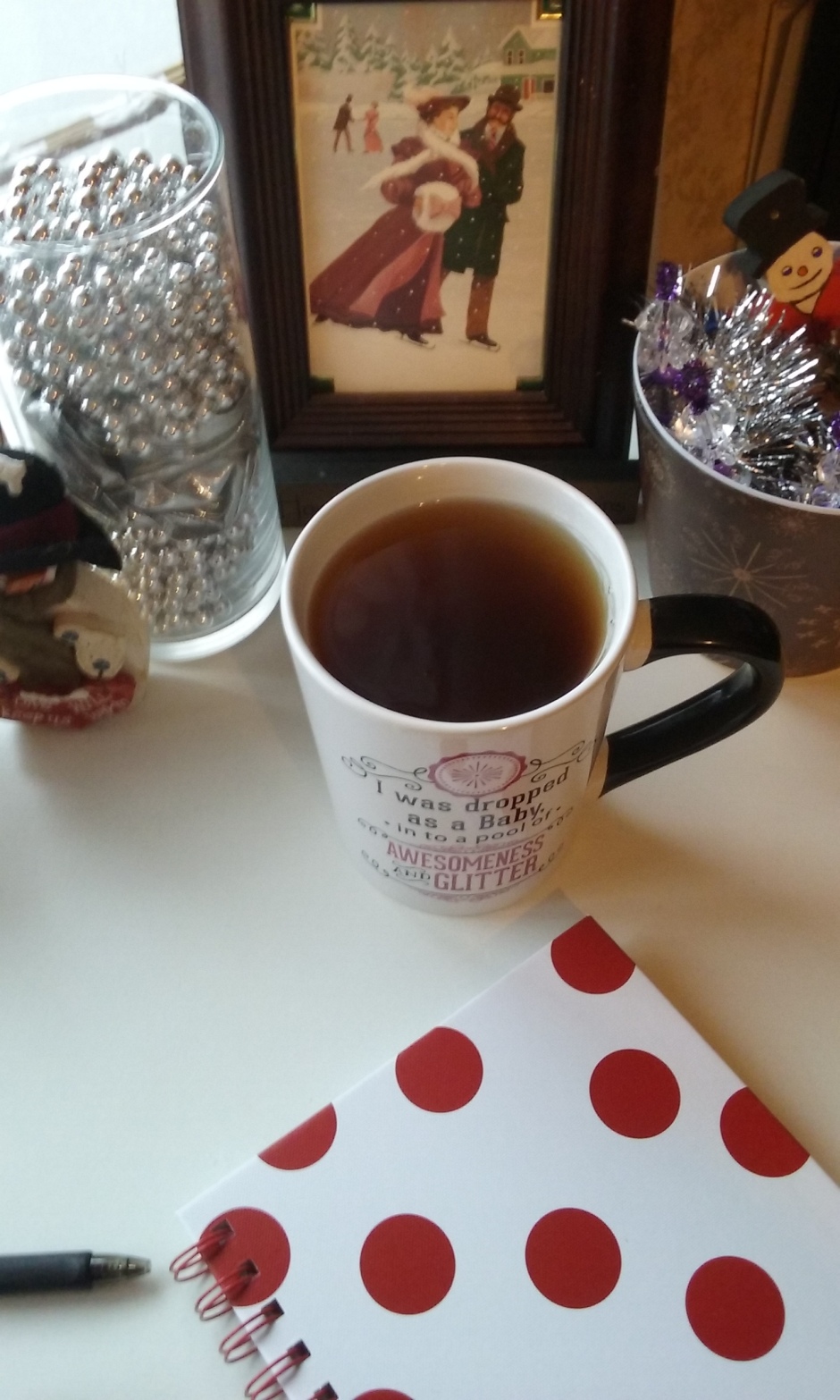Note 1: Do not use dairy products in your tea. These types of products take the effects of the antioxidants away.
Note 2: I do not add sugar to my tea. I got used to this practice slowly, by using less and less sugar over time.
Note 3: Consult a doctor if you are being treated for any illnesses before using any type of food for its’ health benefits.
The active ingredient in peppermint tea is menthol. Peppermint tea is a great morning tea. In fact, it is great for any time when you need some extra energy. The dried leaves of the peppermint plant are used to make teas.
Peppermint tea also has many health benefits, such as:
- Diarrhea
- Colic, stomach ache
- Flatulence
- Dissolves gall stones
- Fights bad breath
- Mild asthma
- Helps with stress
- Cancer
Besides using the tea as a drink, it can also be added to a path for a pleasant scent as well as a means to help energy levels.
Peppermint tea is also nutritious, providing the drinker with vitamins such as A, B and C. It also provides beta-carotene.
Peppermint tea is great combined with:
- Green tea
- Grey tea
- White tea
- Black tea
You may also enjoy:
Shannon



